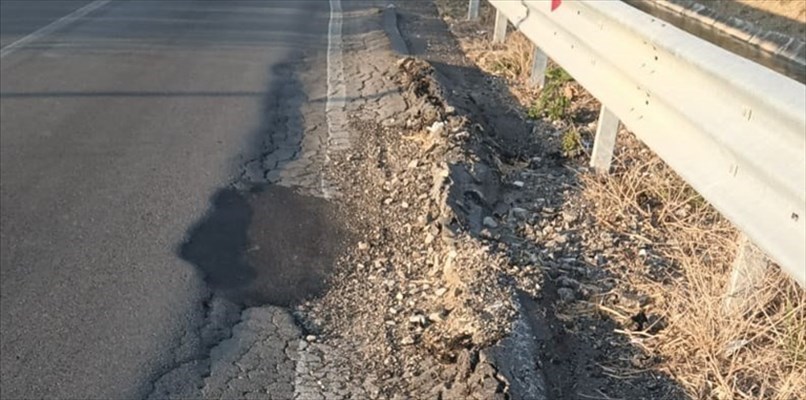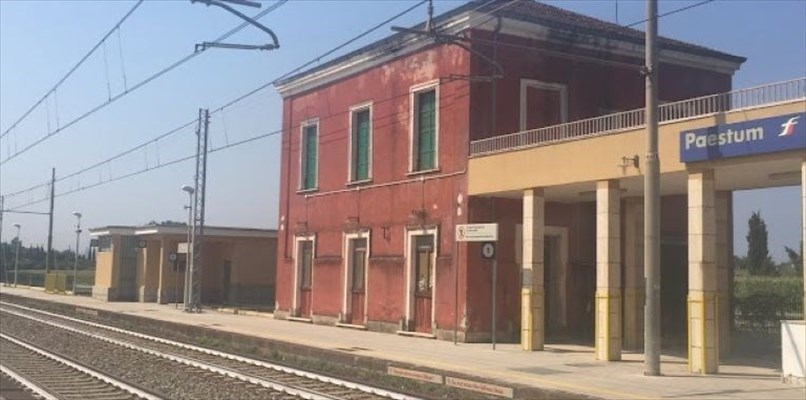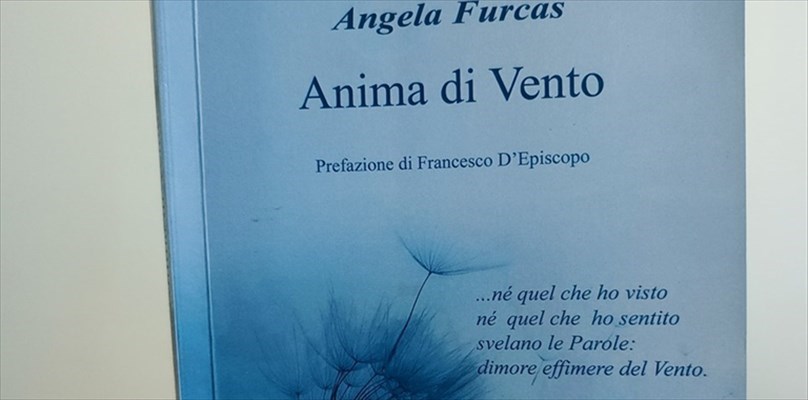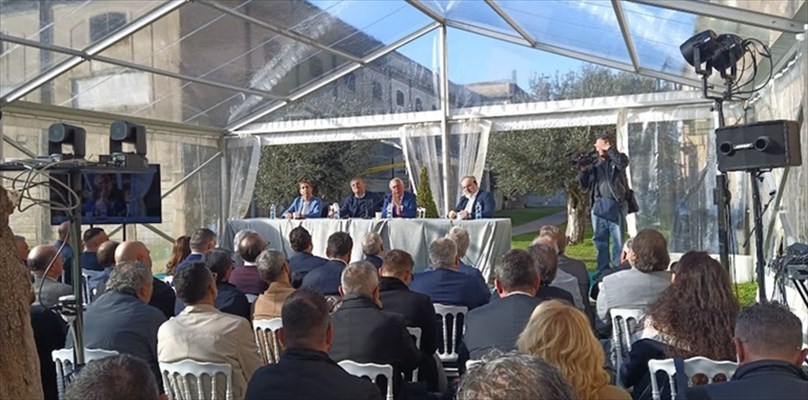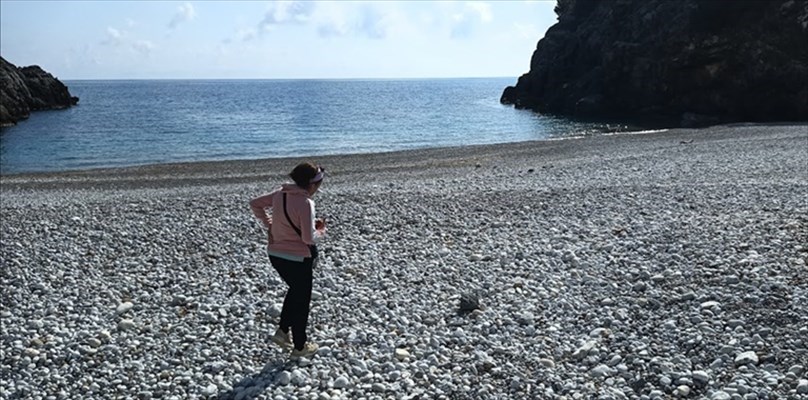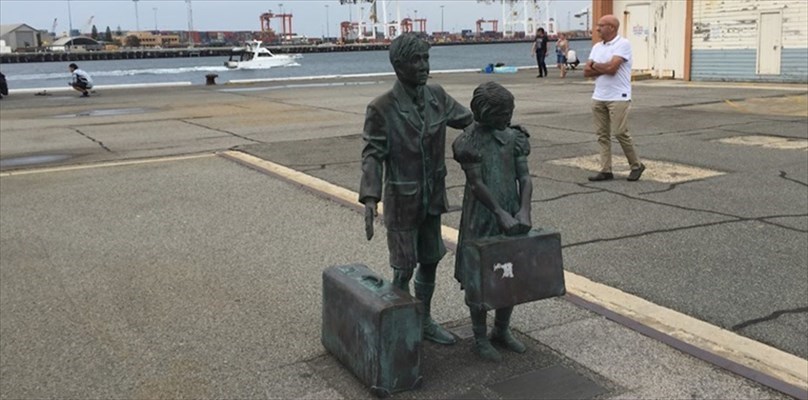unico patrimonio #2

Cilento's identity with a look at the Magno-Graecia culture and farming civilization
Cilento: a human, physical, and geographical habitat, topographical, and of course, historical, that activates memories and triggers emotions

I will probably repeat concepts that have already been expressed on other occasions. However I feel the need to do so because I strongly feel the need to express who I am on the eve of my traditional holiday, in the country where I grew up. I'll take a week to breathe in the scents, taste the flavours and meet smiling faces of captivating friendliness. A human, physical, and geographical habitat, topographical, and of course, historical, that activates memories and triggers emotions.
It's holiday time of course! There are those who are looking for a cool place at the sea, those who rest in the mountains, those who are committed to culture in cities of art. Many go abroad. The majority of people remain in Italy. Others rediscover the countryside in rural tourism (Agritourism) welcoming visitors. As I said, part of my holiday I spend engaging in the familiarity of the country of my childhood, in the heart of Cilento, which resembles Greece.
My land is a land of myths and mysteries, of history and poetry. Myths known from the land and sea. The mysteries are sealed in the heart of the caves, and often, during the moonless nights, they come out with the wind, which roars rancorously in the belly of the earth before soaring up riding rabid from the beech woods of the mountains to the cliffs of the sea, hissing between gorges and gullies.
The story is written in the ossified pages of a region with villages lying quietly in a peaceful sparse, on the bright ridges of the hills, in the shaded valley floor, in the short fertile plains, on the summits of the mountains flying from the gulf.
The poem lives on with the breeze full of perfumes to transmigration-caress of castles and bell towers, churches and convents, noble palaces and humble dwellings.
Here the primordial myth of life in the prolific marriage of the land and the sea has always been celebrated in a perpetual recreation of history.
The sea, on a calm day, kisses the shoreline as a statement of love. When it sneaks onto the coasts, it rages on the sandy sand, slapping the rocks and embroidering silver carnations and knocking up the caves with the mighty force of passion.
The sea is "pelagos" without boundries, immense, containing and forcing all of the lands into it, but also "pontos", which unites / divides. Poseidon is a strong-limbed, bearded and capricious god of the sea, who upsets and weakens the sea with trident shots.
He was fascinated by the discovery and the danger of Ulysses, who gulped Leucosia, a suicidal siren because he was unable to seduce the hero, a pilgrim, with the evil of its singing. Palinuro had become the victim, exhausted from love and tiredness after the useless pursuit, in the splendor of the full moon over the sea, in Camerota, a nymph as beautiful as the wickedness of the heart. Jason crossed it unharmed with the precious cargo of the Golden Fleece and with the nightmare of the persecution/blood feud of Medea.
Our Greek Fathers had drawn safe routes, carrying with them the sacred pantheon of heroes and gods: Hera with the power of fertility, Dionysus an ongoing genius and unruliness when interested in wine-making, Minerva had eternal "logos" of wisdom for her daring incarnation from the skull of Father Jupiter, with the gift of the olive trees and the golden fluid of the fruit to flavour foods, painting women and oil muscles of athletes, Apollo to summarize beauty in the harmony of many forms.
Then Poseidon/Paestum was founded with the miracle of the Doric temples refracting amber inside the majestic tympanums while into the grooves of the columns underneath the glory of the sun. At the same time the god of water exalts the protein fluidity of the representations of the divine: and in this way the miracle of life is perpetuated in the rivers and lakes, in the gentle springs and impetuous streams that run, innervate and fertilize the Great Mother. The Sele, the Calore, Capodifiume, Solofrone, in the territory of the kora pestana, and, further down, the Alento, the Lambro, the Mingardo, the Bussento knot the threads of memory and of life between the sea and its land, among the prairies of Poseidonia and of the tufts of coral, that look coloured from the sea floor, and the green of the holm oak and beech woods, which defy winds and storms on the Vesalo and Cervati, on the Gelbison and Antilia, on the Stella and on the Bulgheria, and with the valley floor where chestnut trees, vineyards, olive vines, fig trees and a colourful range of orchards of a subsistence agriculture move slowly along a gentle slope.
I will taste the flavors and breathe in the scents and rediscover the dishes of poor cuisine: "la caponata,” which gourmets experts trace back to the ancient Romans, who attributed to that bread soaked in water and seasoned with oil, salt and garlic, often enriched with chopped vegetables, the name of the tavern and/or hostess “caupona," and the recipe for fast food of penniless travelers had been invented.
My Cilento farmers call it much more than simply “aqua sale(salty water).” Just as I will not miss “the ciambotta (sautéed vegetables),” whose name has an intriguing musicality. My grandmother used to prepare it with patience and skill, just like she used to do these days, when the summer exploded in the kaleidoscope of the fruits of the garden: peppers, aubergines, tomatoes, courgettes, onions, pole green beans. I will rediscover and exalt, just like this my Cilento identity in the way of the Magno-Greek culture in the name of Poseidonia/Paestum but by also respecting the traditions of the rural civilization.
Giuseppe Liuccio

